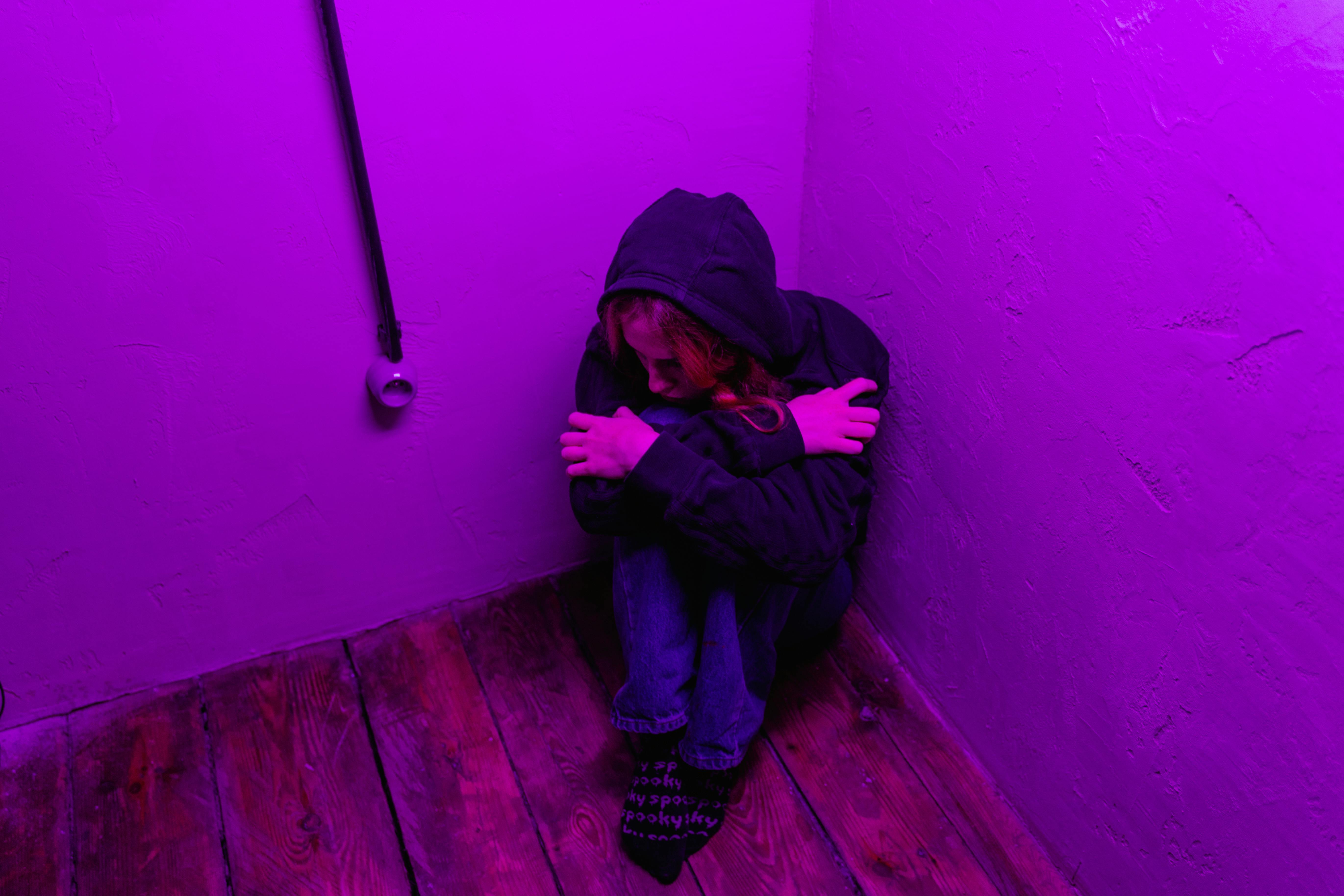Effective Strategies for Post-BV Treatment Health
Bacterial vaginosis (BV) is a common condition that can affect sexual health and overall well-being. Understanding how to ensure health after BV treatment is vital for a smooth recovery and to prevent recurrence. This article will delve into effective practices that promote healing, the timeline for recovery, and the important considerations for intimacy following treatment.
Following BV treatment, many individuals may wonder about the right timing for resuming sexual activity and what precautions to take. This guide will provide insights on how long to wait after BV treatment, the correct practices for safe sex, and tips for maintaining vaginal health.
We will also address post-treatment timelines and signs of successful recovery. By following these insights, you can facilitate a smooth healing process and foster a healthy sexual relationship.
Key takeaways include understanding the importance of waiting periods, practicing safe sex, and monitoring recovery signs, allowing you to prioritize your health and wellness while navigating intimacy post-treatment.
Understanding BV Treatment Effectiveness and Timeline
After receiving treatment for BV, it’s crucial to understand the effectiveness of your treatment and the expected timeline for recovery. Many patients find themselves questioning how long to wait after BV treatment before engaging in sexual activity. Generally, it's recommended to wait at least 7 days after completing antibiotic treatment for full effectiveness.
The healing time after bacterial vaginosis can vary, but most individuals start noticing improvement in their symptoms within a few days to a week after starting treatment. It's essential to adhere to your healthcare provider's instructions for recovery, which might include follow-up appointments and possibly further tests to ensure that the infection has cleared.
Another critical aspect to consider is the potential side effects of BV treatment. Antibiotics can impact the vaginal microbiome, leading to temporary discomfort. Paying close attention to your body during this period will help you identify any complications early, ensuring timely intervention if symptoms persist beyond the recovery period.
Furthermore, communication with your partner about what to expect during your recovery is paramount. Sharing concerns and needs can enhance intimacy and foster understanding during this sensitive time.

Best Practices for Resuming Sexual Activity Post-Treatment
After understanding the timeline for recovery, knowing when to have sex after BV treatment is equally vital. To maximize comfort and minimize the risk of recurrence, consider these best practices when resuming intimacy:
1. Prioritize Communication with Your Partner
Discussing your condition and treatment with your partner can help both of you understand each other's needs better. Making this a priority encourages openness and support, which are crucial for emotional health during this time.
2. Monitor for Signs of Recovery
As you navigate your recovery, be vigilant about the signs of BV treatment success. Symptoms such as a reduction in discharge, absence of odor, and resolution of discomfort are indicators that the treatment is working. Recognizing these signs can help you determine when it's appropriate to become intimate again.
3. Practice Safe Sex
Implementing safe sex practices is important for preventing the recurrence of BV. Using protection such as condoms can help maintain balance in the vaginal microbiome and reduce the risk of other sexually transmitted infections. Be proactive about your sexual health to ensure both you and your partner remain safe.
These practices create a healthier environment for intimacy and can significantly alleviate anxiety associated with resuming sexual activity post-treatment.
Managing BV Symptoms and Preventing Recurrence
Understanding how to manage BV symptoms and prevent recurrence is an essential component of maintaining health after BV treatment. This involves both lifestyle changes and monitoring of symptoms.
1. Lifestyle Changes to Support Vaginal Health
Adopting a healthy lifestyle can greatly influence your vaginal health. This includes maintaining a balanced diet rich in probiotics, which help cultivate a healthy vaginal microbiome. Incorporate foods like yogurt, kefir, and other fermented products into your diet to support your recovery.
2. Monitoring Symptoms Post-Treatment
Post BV treatment, it’s crucial to regularly monitor your symptoms. If you experience any unusual discharge or odor, consult your healthcare provider to determine whether further treatment is needed. Early detection can be key to effective management.
3. Educating Yourself and Your Partner on BV
Understanding what bacterial vaginosis is and the factors that contribute to it can empower you and your partner in managing the condition. Additionally, educating yourself on signs of infection can further enhance your ability to maintain health post-treatment and prevent recurrence.

Considerations for Intimacy After Bacterial Vaginosis
The emotional and physical aspects of intimacy can be challenged during recovery from BV. Understanding the implications of BV on sexual health can help navigate these challenges effectively.
1. Importance of Emotional Support
Recovery from BV can cause anxiety regarding intimacy. Seeking emotional support from trusted friends, family, or professionals can be beneficial. This support may allow for more comfortable conversations with your partner and ease any emotional distress related to sexual health concerns.
2. Sex Drive After BV Treatment
Many individuals notice fluctuations in their sex drive after BV treatment. Feeling comfortable and confident in your body is vital. If you experience a lack of desire, don't hesitate to communicate this with your partner, and allow for gradual reintroduction to intimacy.
3. Safe Practices for Sexual Activity
Using lubricants, opting for gentle positions, and avoiding irritants like scented products can diminish physical discomfort during sex. Ensuring a relaxed environment also helps in easing any apprehensions, thus promoting a more enjoyable experience.
Healthcare Guidance and Conclusions
Understanding healthcare guidelines related to BV treatment is crucial for maintaining both physical and emotional health. Follow-up appointments with your healthcare provider can reassure you about your healing progress and provide guidance tailored to your situation. Keeping an open dialogue will pave the way for a healthier recovery and greater satisfaction in your intimacy.
In summary, ensuring health after BV treatment involves understanding treatment effectiveness, following post-treatment care, and navigating intimacy with your partner. Educate yourself on bacterial vaginosis, practice open communication, and pay attention to your body's signals to facilitate a proper recovery and enhance sexual wellness.
```